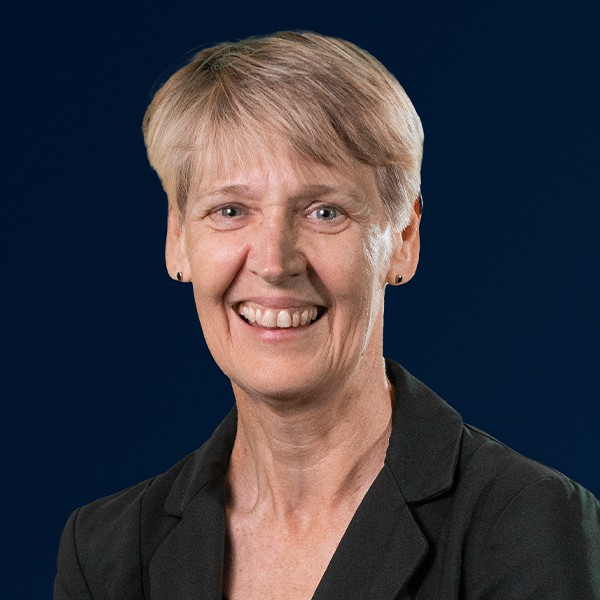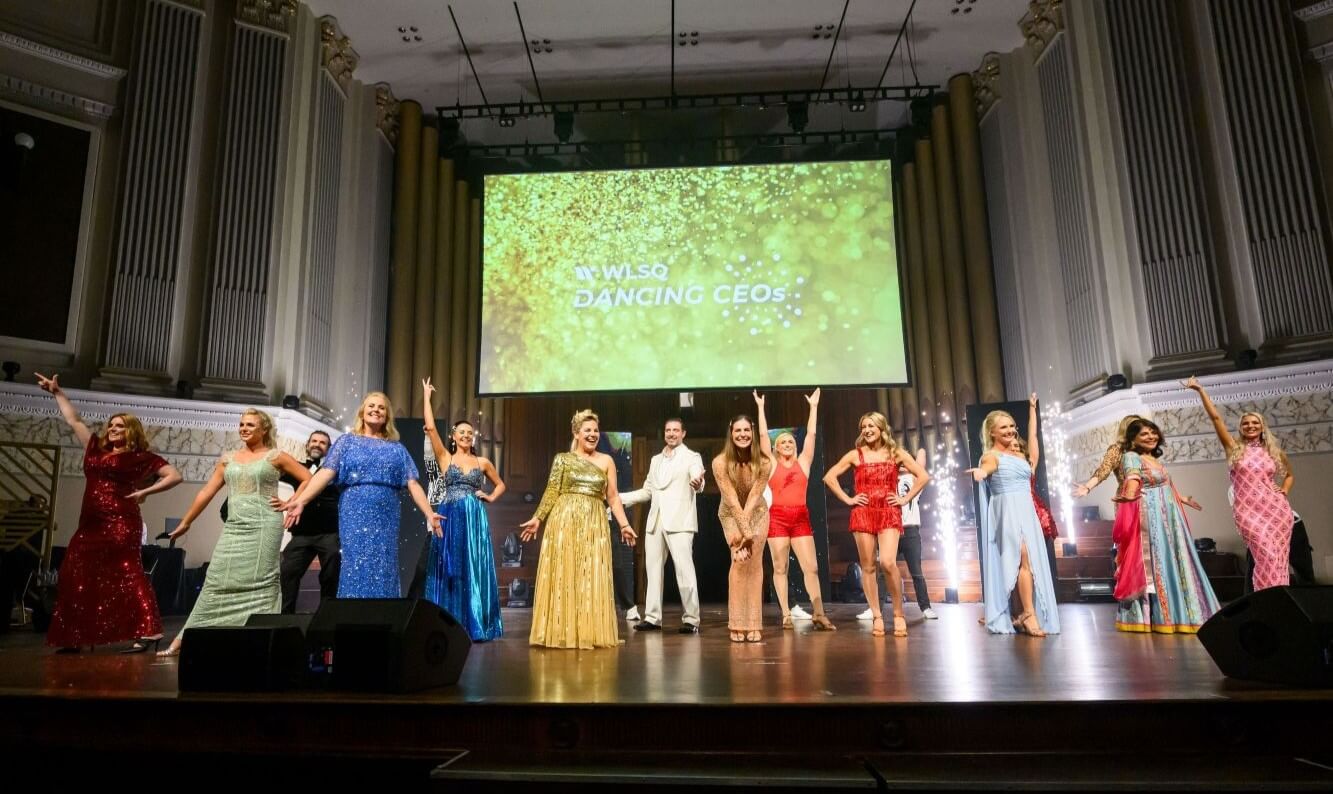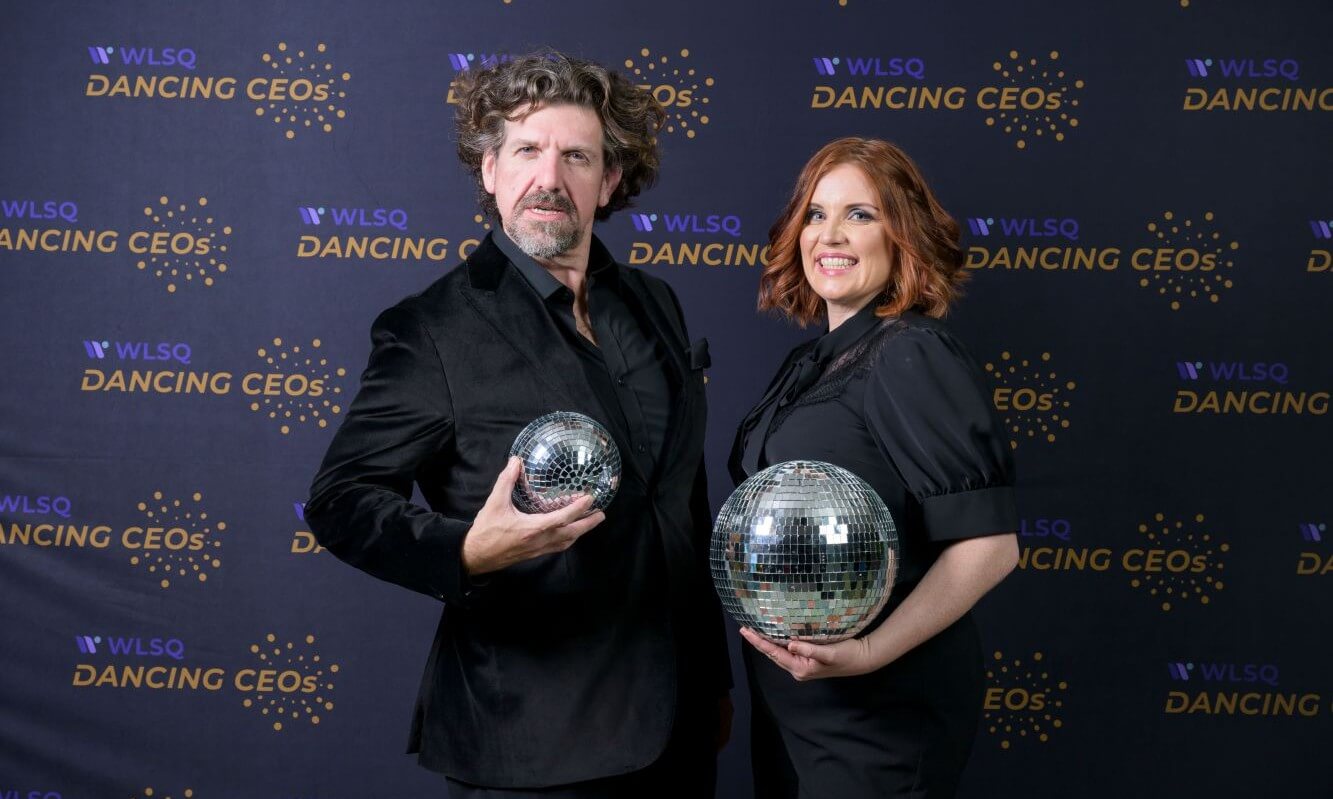After finding the courage to seek help for her family against ongoing domestic violence in 2019, then final-year law student Famin Ahmed was turned away.
The Women’s Legal Service Queensland (WLSQ) free, legal advice drop-in session was full for the night. It opened at 5.30pm and arriving at 5.45pm, meant Famin and her friend were too late.
They weren’t alone – they were the seventh unlucky group.
They also watched a well-dressed woman in “full corporate gear” walk up to the counter.
“She could have very well been a lawyer volunteering for the clinic, but she was actually seeking help,” Famin recalls. “And she was turned down because they were full for the night, and she just burst out into tears, crying.
“And we could not just stop thinking about what she was going home to that night, what had she gone through to get to that point of seeking help. I still wonder about her to this day. I really hope she is okay,” Famin, now a pro bono lawyer and Associate at MinterEllison recalls.
Domestic and family violence is personal for Famin, who now fundraises for the WLSQ and raises awareness of the issues and funds needed to help vulnerable women.
“That was my first experience of realising how unfunded the sector is. You see all of these support lists of ‘call here for help’ but I don’t think people realise, people who have sought never help, realise that a lot of those services are unfunded and you won’t always get through,” she said.
“So Women’s Legal Service has to turn down one in four of its calls at the moment – that equates to about 6000 women a year.
“And that’s only the women that know to get help, know to pick up the phone and know where to go for that help. It doesn’t include the people who aren’t at that stage where they are seeking help, aren’t at the stage where they know what’s going on.
“There’s masses of communities like cultural communities and Triple R communities who don’t even have access to know where to go. The amount of women who aren’t being helped purely due to underfunding is just insane.”
Today, November 25, is the International Day for the Elimination of Violence Against Women. This year’s campaign theme is Invest to Prevent Violence Against Women & Girls. It marks the launch of 16 days of activism concluding on International Human Rights Day (10 December).
And Famin’s experience has led her to invest not only her work time on DV file work and law reform submissions, but outside of work she has established Famin Makes.
She loves to sew, a skill picked up from her mother. Famin makes hats, shirts and scrunchies at her market stall, with 100 per cent of the money being donated to the WLSQ.
Hats are a bit easier. The sewing gives Famin time to be creative and use her hands after using her brain at work. She plans patterns and themes, and they are proving popular. Famin has already raised more than $67,000.
While she believes people can make a difference through the obvious thing of making regular donations, Famin also encourages conversations.
“I often talk about how domestic violence was going on in my house for a very long time, my whole of life, and up until 24 years in, only two people knew about it,” she said.
“I was going to uni, going for clerkships at top-tier firms, no one knew about it. And in hindsight that seems crazy to me as now I’m quite open about it obviously, but now it’s been talked about a lot more.
“And I think about if it was talked about this much in high school, maybe that would have been a completely different story in terms of me reaching out for support a lot earlier.”
Famin did not give out any signs that anything was wrong at home. There were no words to start a discussion, and no accessible and visible system from which to seek help.
“On the outside, I’ve always been excelling, really high grades all the time, good jobs and no issues,” she said.
“We didn’t have the language as what is domestic violence and what it encompasses. I couldn’t even self recognise that myself until so late during uni, let alone having that extra barrier of some sort of shame about it, not wanting to talk about it to others. It took a long time to break that down.
“There would be so many people still who are going through that at home whether it is as a direct partner or child, who wouldn’t feel comfortable talking about that.”
Now Famin talks about the issue whenever the opportunity arises. She has projects in mind which can keep the conversation going such as sewing bees, expanding to bow ties for uni balls or selling scrunchies to schools and tell her story.
Her work has been recognised and she was named as a finalist in this week’s Dame Quentin Bryce Domestic Violence Prevention Awards. Famin also won the inaugural Queensland Government John Monash Scholarship this month.
Her original goal was to raise $1000 and she thought she would struggle to get to that. “It just completely snowballed. I keep thinking that people will not want hats anymore but here we are.”















Share this article